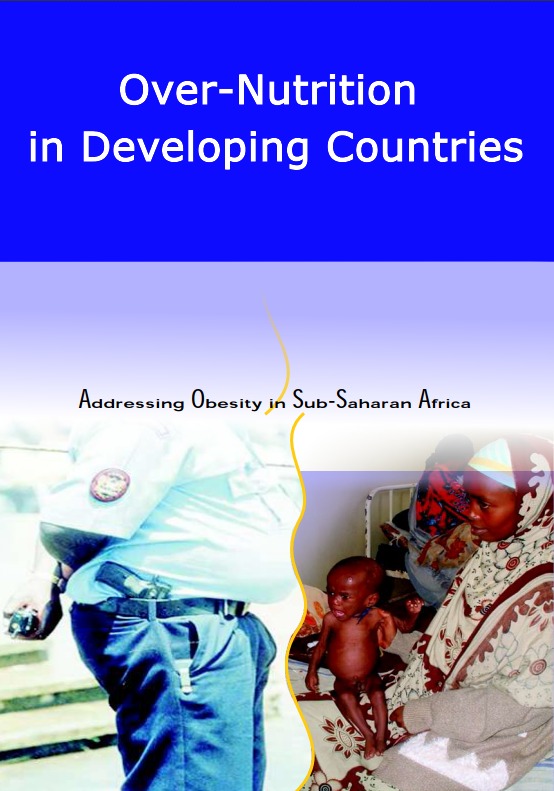Just like hunger, the consequences of obesity vary and include death, disability from related chronic medical conditions and psychosocial effects. Obesity – and related co morbidities like cancer, diabetes and others- remain a colossal health, social and economic burden, which has already created a “triple burden” of endemic nutritional deficiencies, infectious diseases, and, now, a chronic burden of disease in many parts of the developing world. Despite these negative impacts, WHO advisers once concluded that, “obesity should be regarded as today’s principal neglected public health problem”. Could this neglect be as a result of the mistaken belief that obesity is a disease of the rich and more of a self-imposed problem? The coexistence of a double burden of under-nutrition and over-nutrition not only adds to human suffering and economic costs; it also complicates the design of food policy. This book goes beyond presenting the situation and causes of obesity to offering possible individual and policy approaches that could be adopted to address the challenge in many developing countries. This book is also a plea to individuals, organizations, the development and donor community to rethink about their roles and possible strategies in elevating the challenges of nutrition transition in developing countries.
Over-Nutrition In Developing Countries
